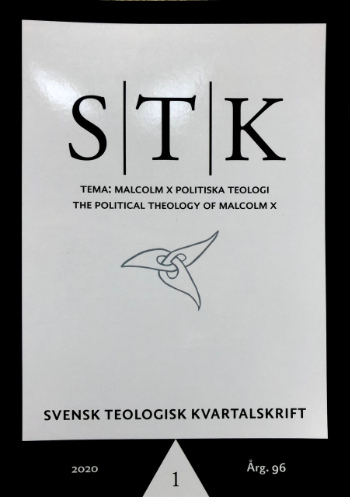
Expressions of Political Theology in Art and Islam
Malcolm X-Inspired Transformations among Muslims in the US & the UK
The Spectrum of Mediation of Malcolm X In the course of my study on how Muslim performing artists in the US and the UK relate art and religion to each other, it came to the fore that a significant number of artists have been influenced by the political theology of Muslim human rights activist Malcolm X aka El-Hajj Malik el-Shabazz, mediated in more or less indirect ways, ranging from popular culture to social and religious authorities. Concerning the latter, arguably, mediation has occurred through a spectrum of authoritative Muslim voices, such as Islamic teachers in the US, the UK, and on the Internet, as well as through civil grassroots organizations that organize(d) cultural events, such as North American Inner-City Muslim Action Network (IMAN) and British Radical Middle Way (RMW), which are grounded in the fundamental advice of spiritual leaders. Additionally, Malcolm X-inspired academics played a role as alternative authoritative voices.
Political Theology of (the life of) Malcolm X Being engaged, at the time of research, in cultural production in Anglophone hip-hop and alternative music, spoken word and poetry, storytelling, theatre and acting, stand-up comedy, film performance, and contemporary art on stage, Muslim performing artists in the UK and the US experience power structures as Muslims and as artists. The present article examines relationships between politico-theological ideas and attitudes of Malcolm X and the cultural attempts of British and North American Muslim artists to cope with specific power structures and dominant hierarchies; seek liberation; or create new ways to be human in their societies and the (overall) Muslim world.
Reforming the Power Structures Exploring the kinds of influences that the politico-theological conceptions of Malcolm X and his life trajectory had and have as a reservoir of concerns and values, illuminates that, on the metalevel, specific Muslim artists may have become part of the informal Anglophone network of interdependent Islamic teachers and institutions against the popularity of Salafism. This network seems focused on reforming the power structure between Islam and “Muslim old world” views and those of the “Muslim new world” by incorporating the inclusive symbol that Malcolm X is. As such, Muslim performing artists who encountered a mediation of Malcolm X in politico-theological ways may have become more or less involved in complex relationships concerning the bearing ideology in the Muslim world and, similarly, involved in those concerning the bearing ideology in the nation states.
Van Tilborgh, Y. “Expressions of Political Theology in Art and Islam: Malcolm X-inspired Transformations among Muslims in the US and the UK” in: “The Political Theology of Malcolm X.” Anders Ackfeldt & Emin Poljarevic (eds.) STK Svensk Teologisk Kvartalskrift 96/1 (2020) 61–78. Free download: https://journals.lub.lu.se/STK/issue/view/3128
